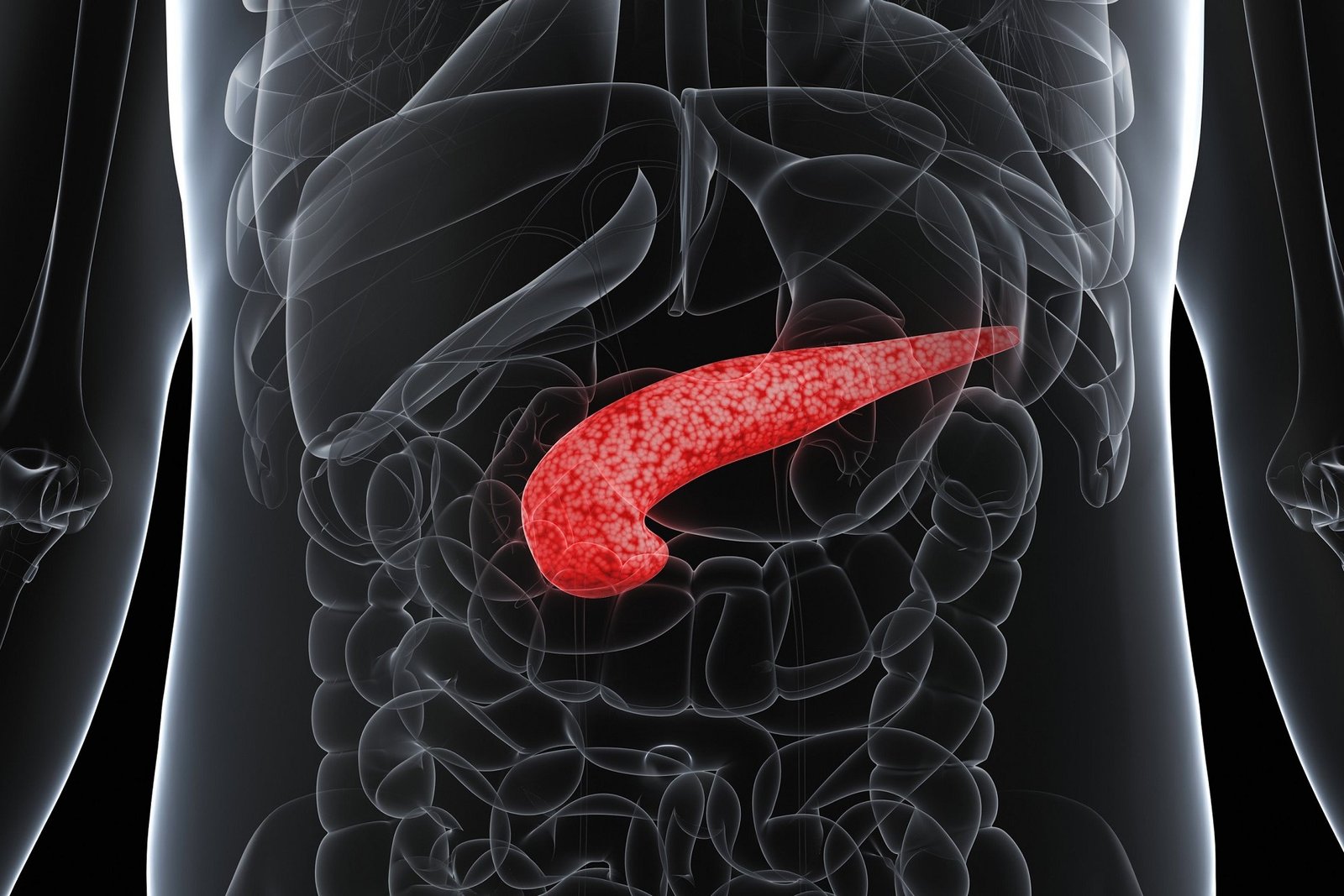
Pancreatic disorders
Pancreatic disorders encompass a range of conditions that affect the pancreas, a vital organ located behind the stomach. One of the most well-known disorders is pancreatitis, which can be acute or chronic. Acute pancreatitis often occurs suddenly and is typically caused by gallstones or heavy alcohol consumption. It manifests with severe abdominal pain, nausea, vomiting, and fever. Chronic pancreatitis, on the other hand, develops over time and is often linked to long-term alcohol abuse or certain genetic factors. It can lead to persistent pain, malabsorption issues, and diabetes due to pancreatic tissue damage.
Another significant pancreatic disorder is pancreatic cancer, which is among the deadliest cancers globally. It usually begins in the cells that line the pancreatic ducts and is often diagnosed at an advanced stage, contributing to its poor prognosis. Risk factors for pancreatic cancer include smoking, obesity, family history, and certain genetic syndromes. Symptoms may include jaundice (yellowing of the skin and eyes), abdominal pain, unexplained weight loss, and digestive problems. Early detection is crucial for better treatment outcomes, but pancreatic cancer can be challenging to diagnose in its initial stages.
Additionally, pancreatic endocrine disorders, such as insulinoma or pancreatic neuroendocrine tumors (PNETs), involve abnormalities in the pancreas's hormone-producing cells. Insulinomas, for instance, lead to excessive insulin production, resulting in low blood sugar levels (hypoglycemia). PNETs, on the other hand, can produce various hormones, leading to a range of symptoms depending on the hormone involved. These disorders require specialized diagnosis and management to regulate hormone levels and alleviate associated symptoms, underscoring the complexity of pancreatic disorders and the importance of targeted medical interventions.
Book Appointment
.jpg)
.jpg)

